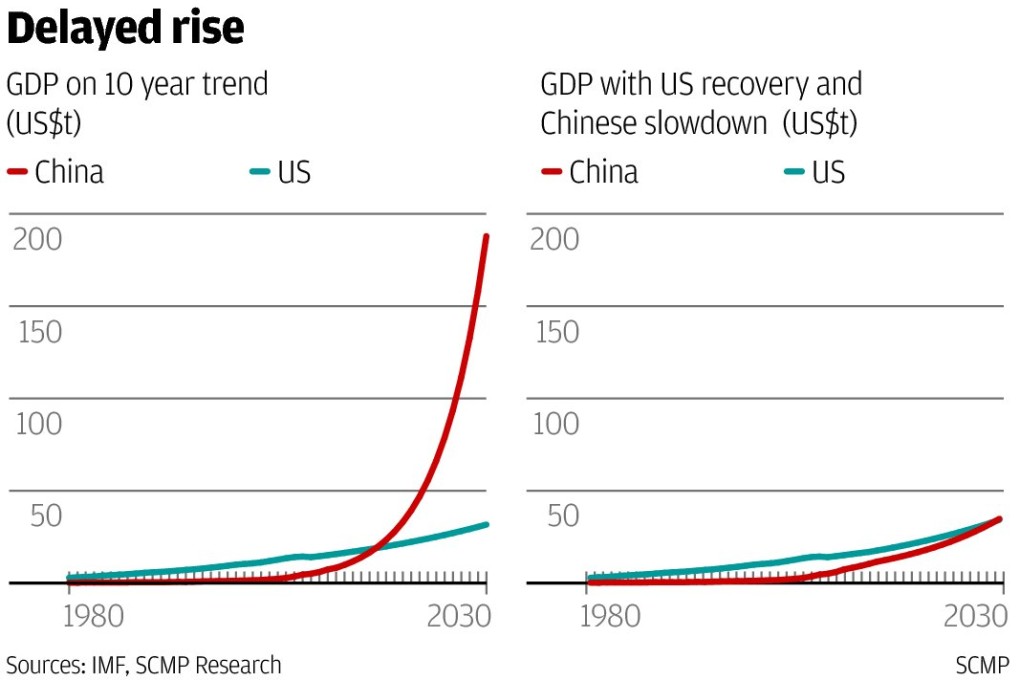Monitor | China's ascendancy delayed, but only by a scant few years
Even with growth slowing to 4.5pc under the mainland’s economic rebalancing, the US looks at best likely to cling on to top spot until 2030

Garnet Wolseley was the very model of a 19th-century imperialist. As a young officer in the British army, he fought in Burma, where he picked up a limp, and in Russia, where he lost an eye.
He helped crush the Indian mutiny - or the 1857 Indian war of independence, as you prefer - and was at the sacking of the Summer Palace during the second opium war.

As a commander, he put down a rebellion in Canada, defeated the war-like Ashanti in what is now Ghana, conquered Egypt and invaded the Sudan.
But Wolseley was no mere thug. In many ways he was remarkably far-sighted. He believed in the then revolutionary notion that military officers should be promoted on merit, not according to wealth and breeding. He described journalists as "a curse … who do no work at all".
And despite all he did to build and maintain the British empire, he was under no illusions about its durability. Writing in 1903 after a career spanning 50 years and at the apogee of British power, Wolseley contemplated the rise of the United States, which he noted "is fast becoming the greatest power of the world".
